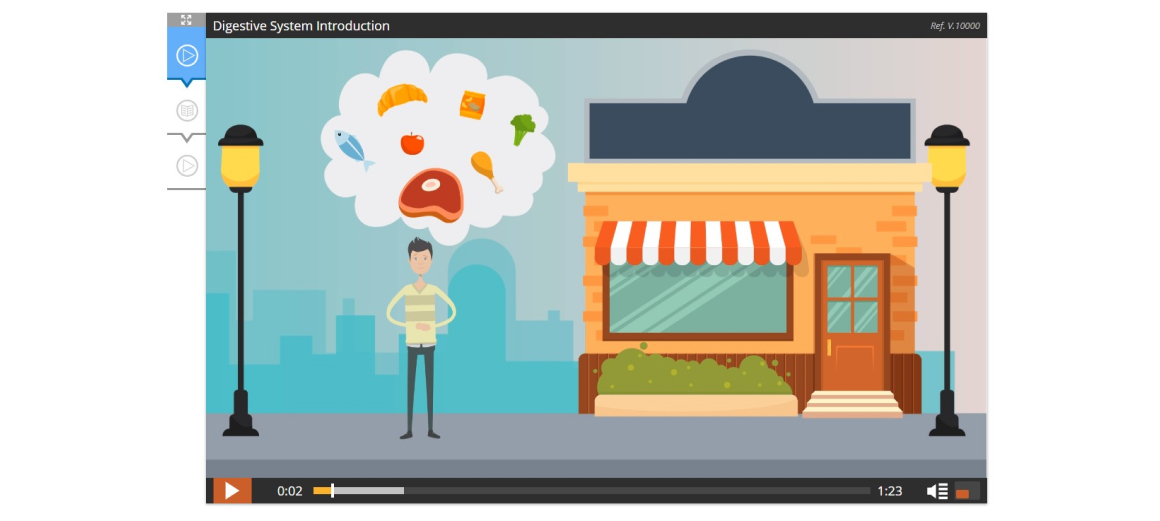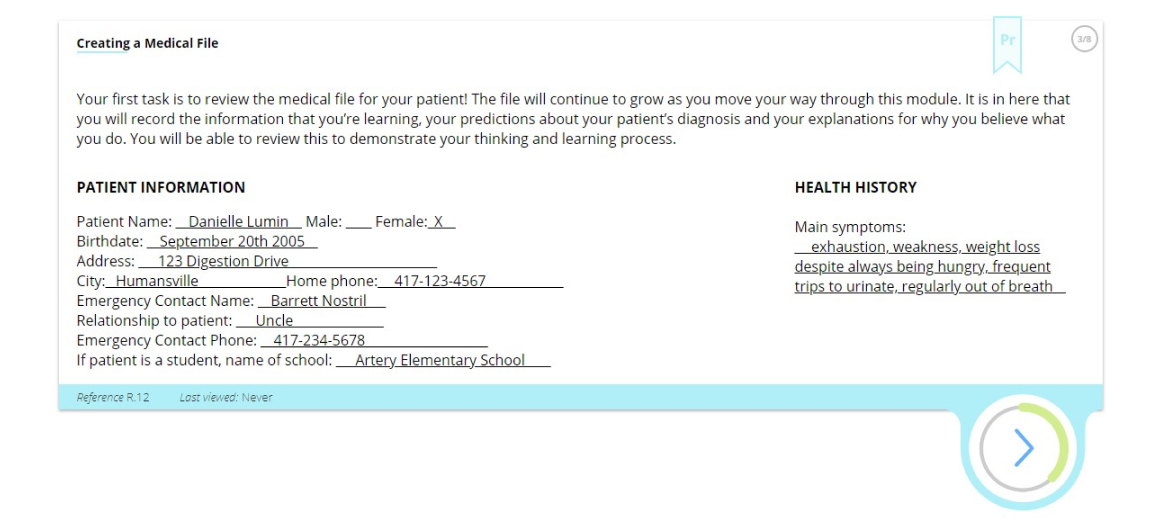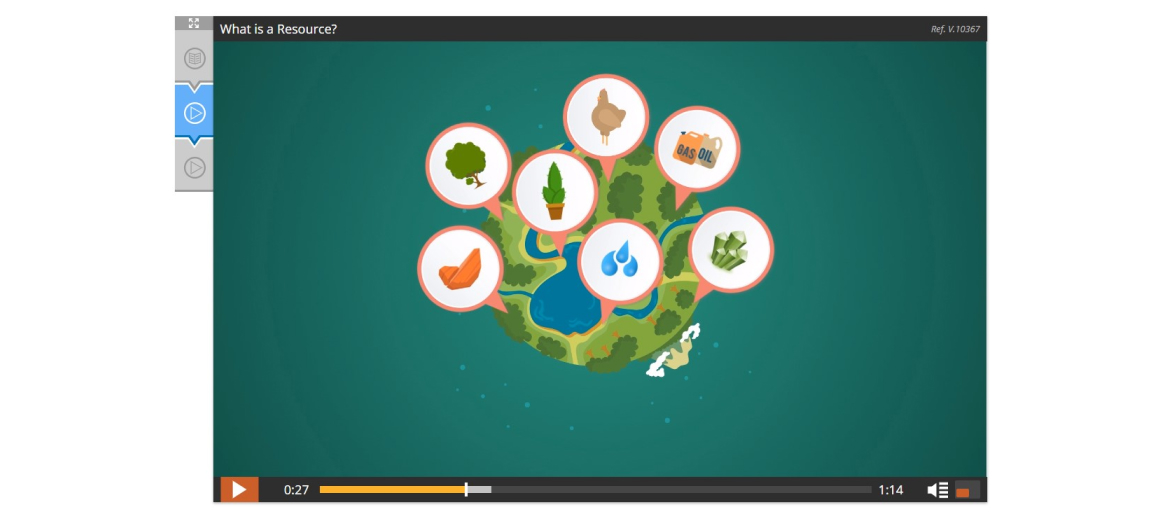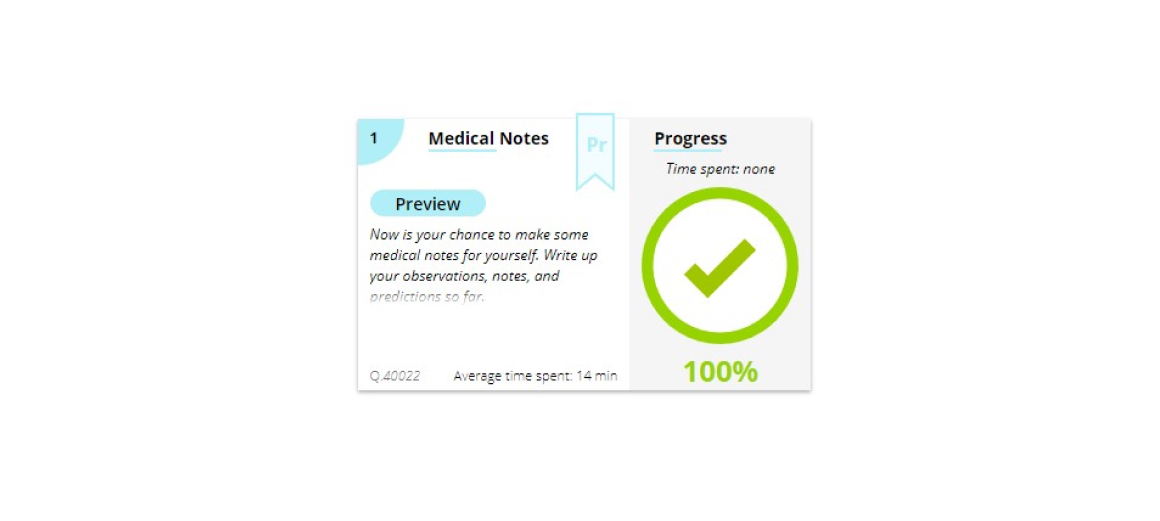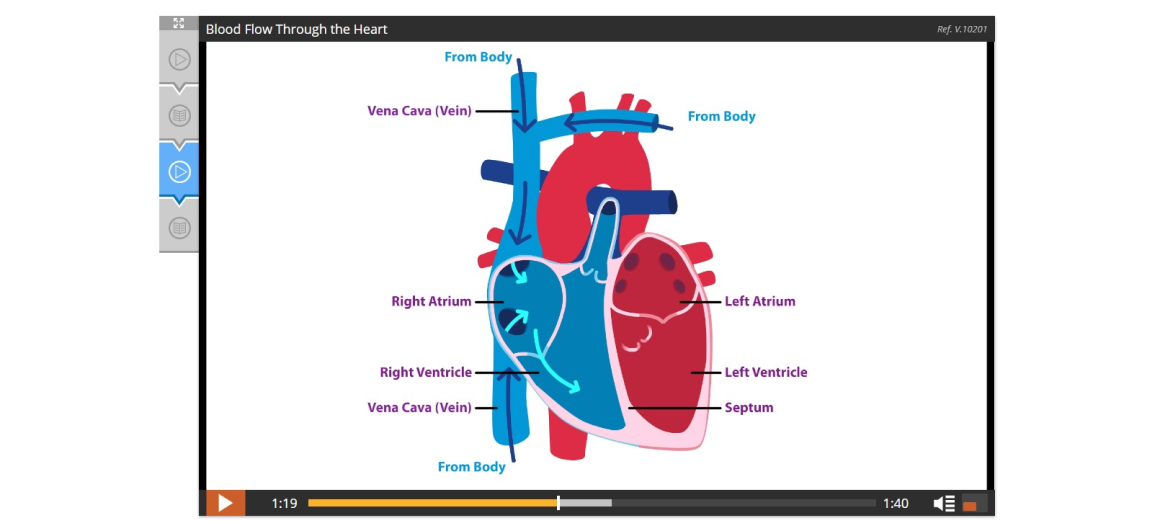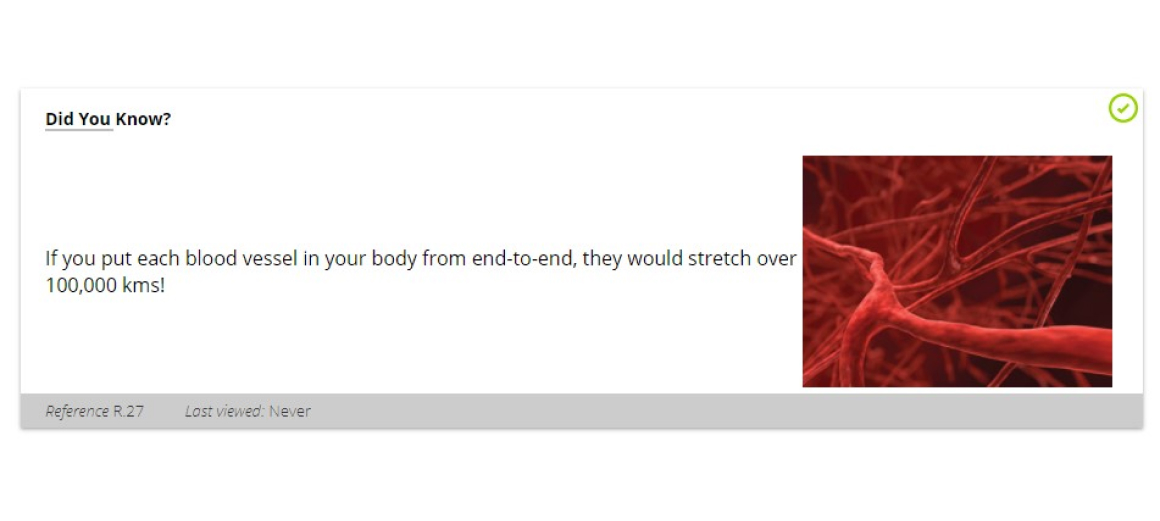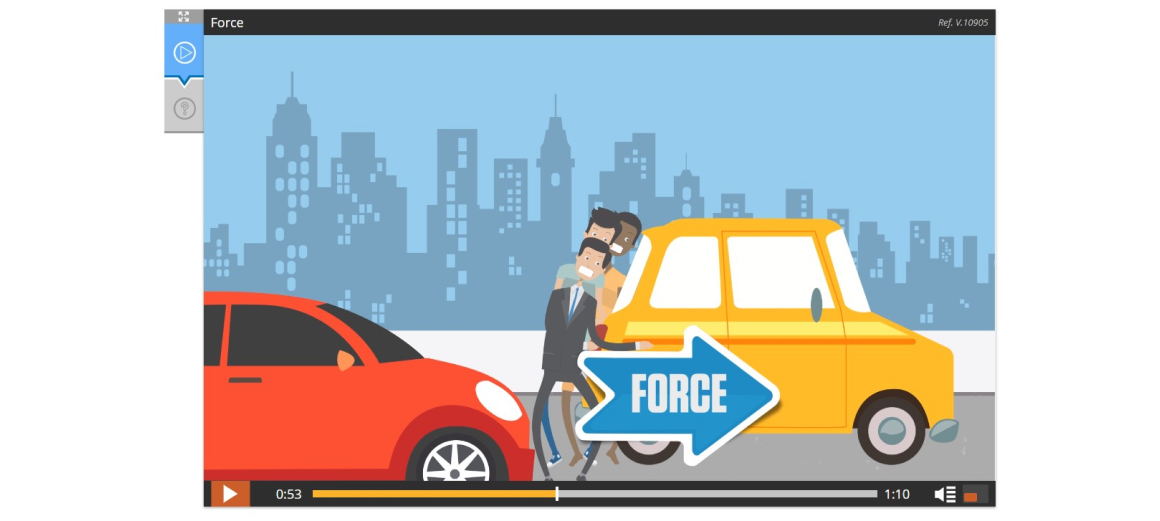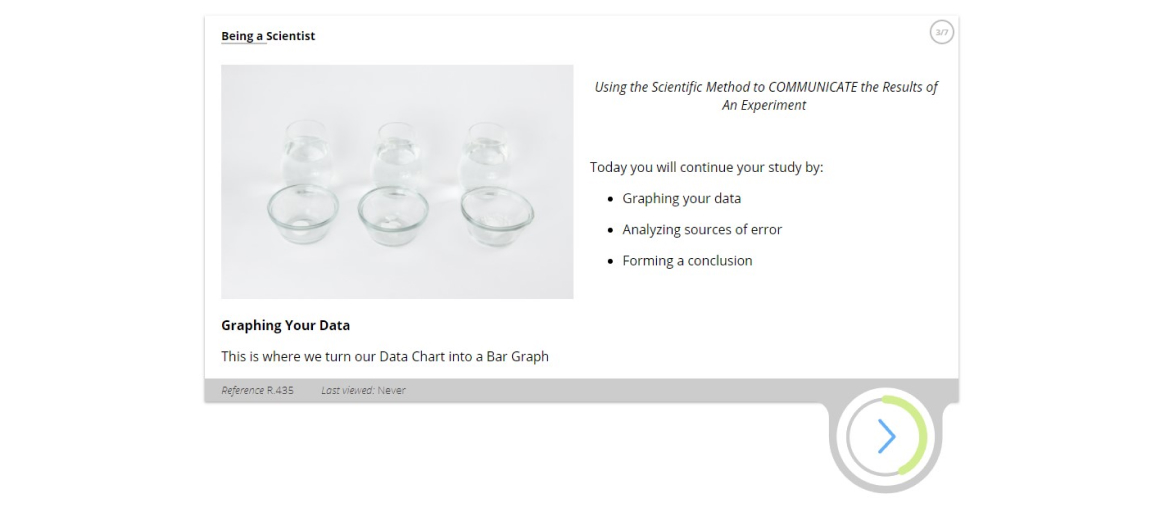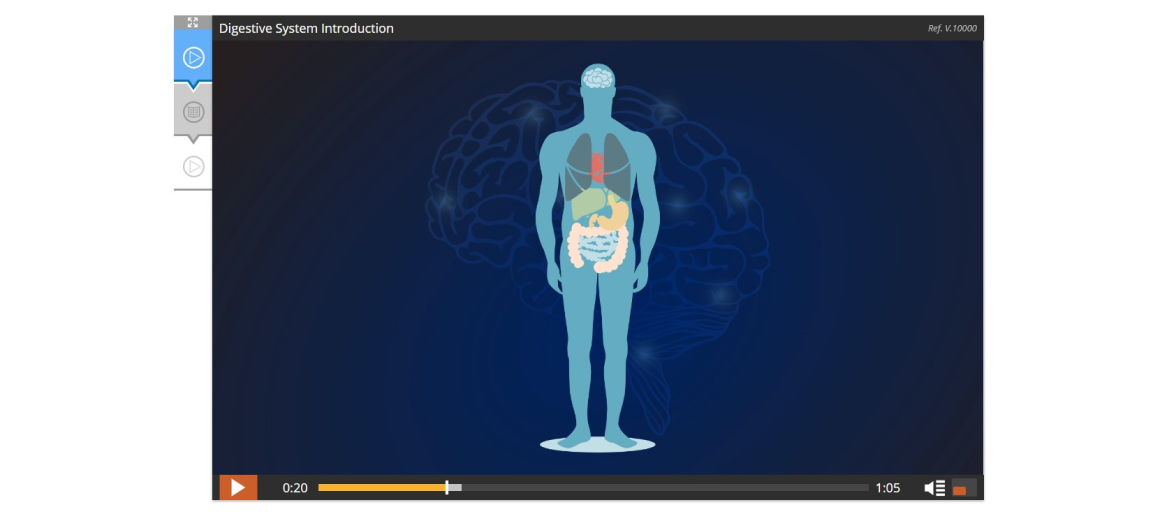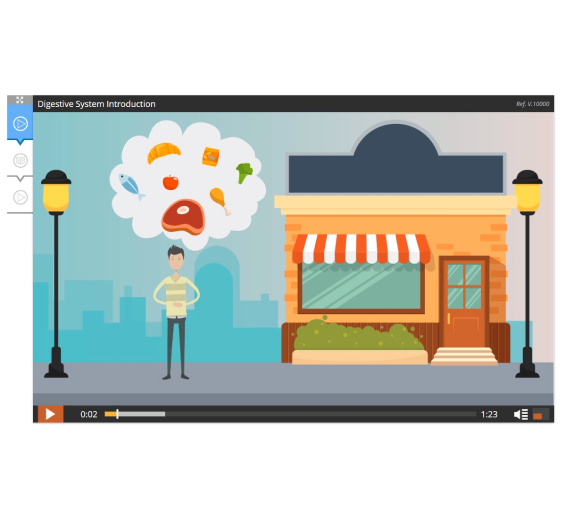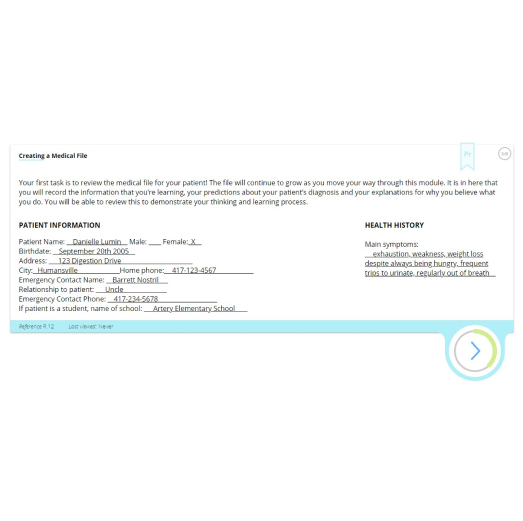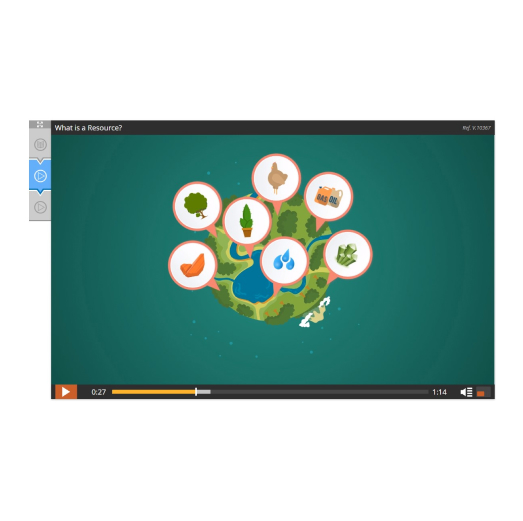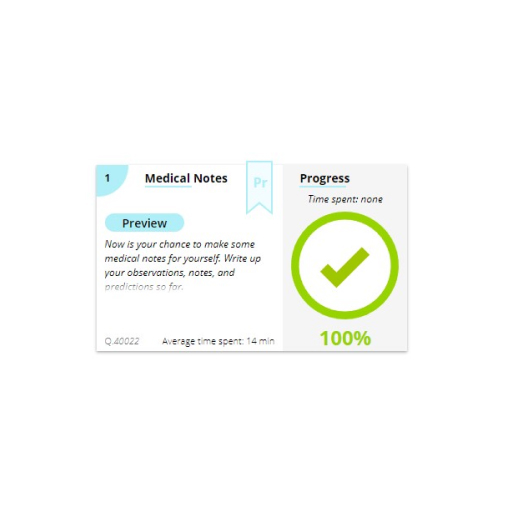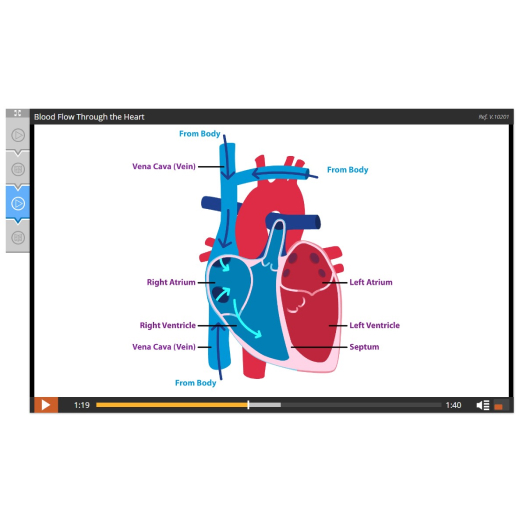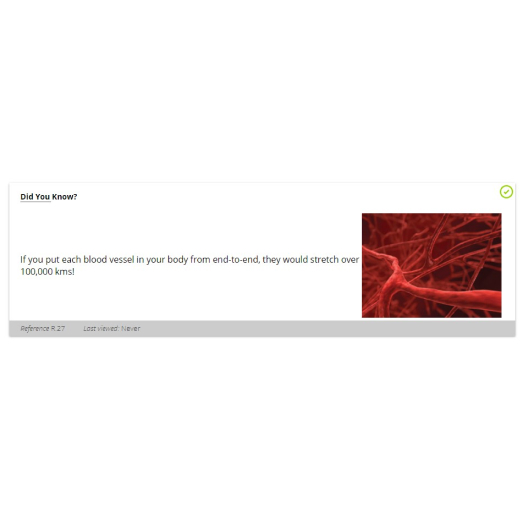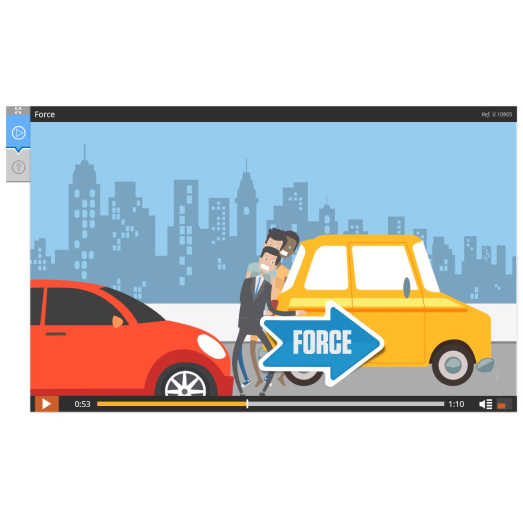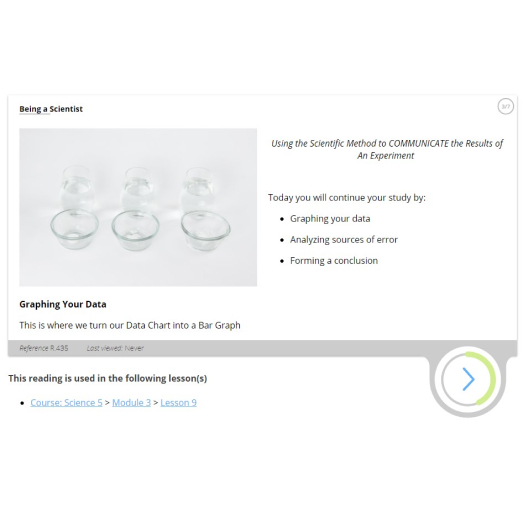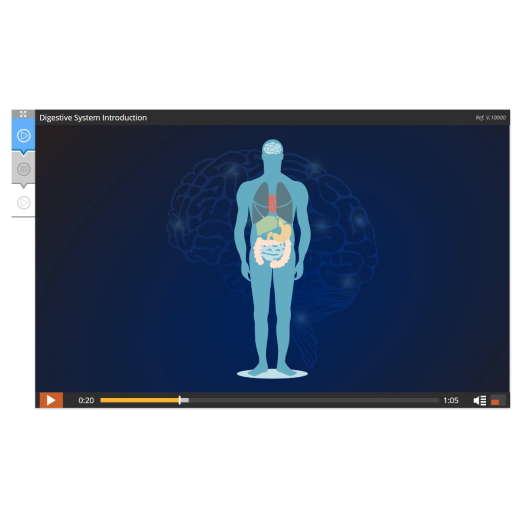Science 5
Earth Science: Our Earth is made of many materials that change and morph as they move through cycles and can be used as natural resources in the different phases. As a student who is looking forward to a job opportunity, you’ve been asked to evaluate different natural resource companies about what they do and how they do it. In the end, you are asked to compile your information and create an infographic to demonstrate what you’ve learned and which company you’ve decided to work for!
Biology: As students dive into the depth of the human body and how different organ systems function they will be asked to put on their lab coats and join a team of intern doctors on their way to diagnosing a severely ill patient. By the end of their journey through the body they will be able to accurately diagnose the patient based on the symptoms they presented and some suggested diseases. They will have created a medical file for that patient and create a report to deliver back to the patient with their findings.
Chemistry: Clean water is something that everyone requires. What makes up clean water and how can we go about finding, or making it, if we can’t find it? Students will dive into Chemistry with a study of solutions. They’ll discover what makes a solution and different methods to separate solutions. They’ll also explore the Scientific Method – how to craft a lab themselves and apply what they’ve learned in a hands-on application.
Physics: Chores! Nobody likes them, but the majority of people have to do them. So, how can you make your chores easier? Students are tasked to build a compound machine out of simple machines in order to assist themselves with an assigned chore. Meet Adam, a grade 5 student who is also the designer of the “Water Block”, and after learning about the 6 different simple machines, you’ll get a chance to create your own machine, just like Adam did!
Table of Contents
Lesson 2: Systems and Organization
Lesson 3: Digestive System
Lesson 4: Well-Being
Lesson 5: Nutrition
Lesson 6: Circulatory System
Lesson 7: Circulatory System 2
Lesson 8: Respiratory System
Lesson 9: Respiratory System 2
Lesson 10: Musculoskeletal System
Lesson 11: Musculoskeletal System 2
Lesson 12: Final Project – Part A
Lesson 13: Final Project – Part B and C
Project: Medical File Project
Lesson 2: The Rock Cycle
Lesson 3: Rock Identification
Lesson 4: Minerals
Lesson 5: Hydro Energy
Lesson 6: Geothermal, Solar, and Wind Energy
Lesson 7: Soil
Lesson 8: Forestry Harvest
Lesson 9: Forestry Products
Lesson 10: Fishing
Lesson 11: Trash
Lesson 12: Resources
Lesson 13: Non-Renewable Energy
Lesson 14: What Will You Do?
Project: Company Inquiry
Lesson 2: What is Matter?
Lesson 3: What Are Mixtures?
Lesson 4: How To Change The Rate of Dissolving in Solutions Part 1
Lesson 5: How to Change the Rate of Dissolving in Solutions Part 2
Lesson 6: The Scientific Method Part 1
Lesson 7: The Scientific Method Part 2
Lesson 8: Being a Scientist: Design and Conduct
Lesson 9: Being a Scientist – Communicate
Lesson 10: Separating Solutions: Distillation and Evaporation
Lesson 11: Separating Solutions: Crystallization, Filtration, Chromatography
Lesson 12: Separating Solutions Lab
Lesson 13: Separating Solutions: Why is Clean Water Important?
Lesson 14: Clean Water – How Can Others Get It?
Lesson 2: What Makes Things Move?
Lesson 3: What is Work?
Lesson 4: How Do Machines Make Work Easier?
Lesson 5: How Do Inclined Planes Make Work Easier?
Lesson 6: Using Claim, Evidence and Reasoning to Make Scientific Explanations
Lesson 7: How Do Wedges Make Work Easier?
Lesson 8: How Do Screws Make Work Easier?
Lesson 9: How Do Levers Make Work Easier?
Lesson 10: Different Classes of Levers
Lesson 11: How Do Wheels and Axles Make Work Easier?
Lesson 12: How Do Pulleys Make Work Easier? Part 1
Lesson 13: How Do Pulleys Make Work Easier? Part 2
Lesson 14: Final Project
Project: Chore Machine
Experience a lesson as your students would
Course Features
- Fun and engaging activities such as playing doctor and diagnosing patients
- Students will research job opportunities in natural resource companies
- Learning how we receive clean drinking water in Canada
- Students take on the role of a mechanical engineer and design their own machine
